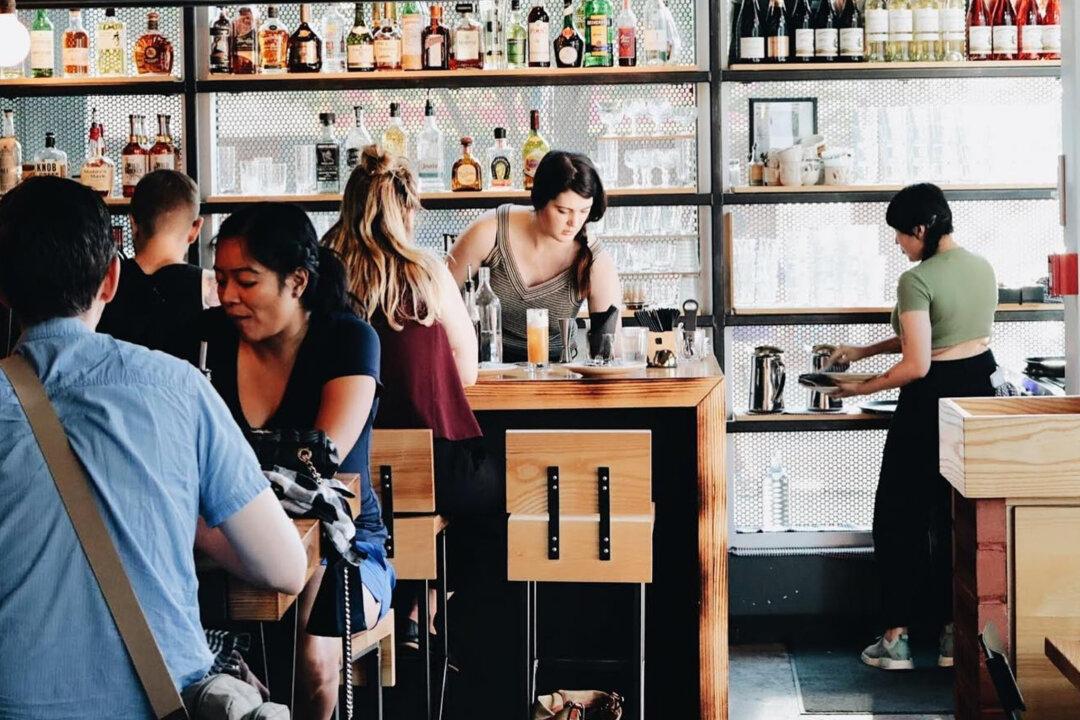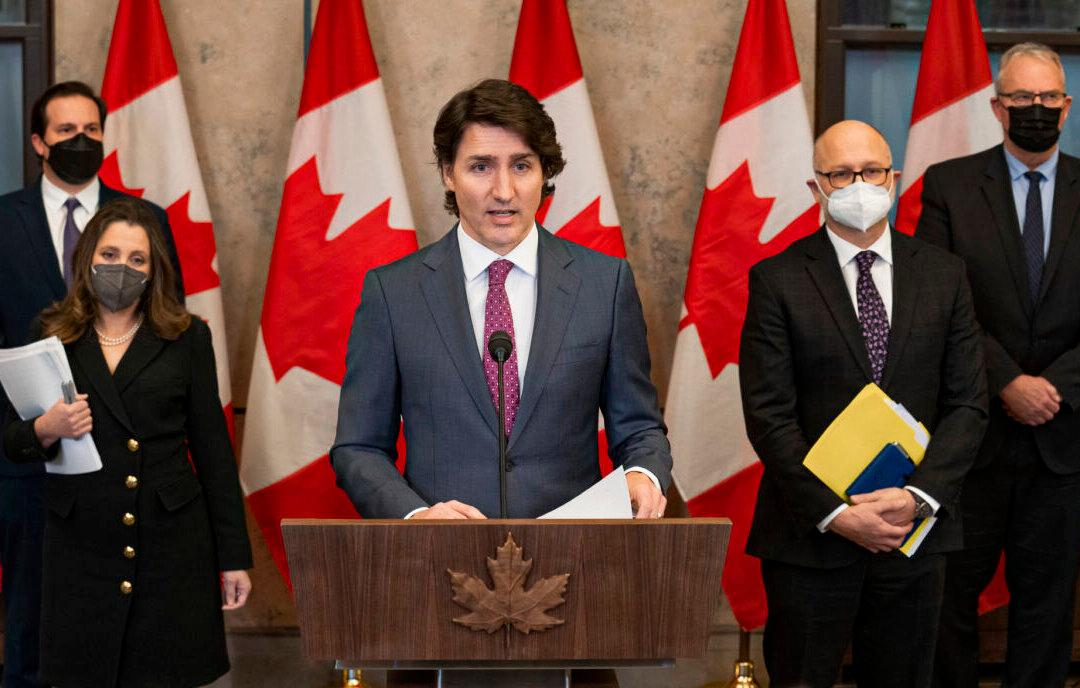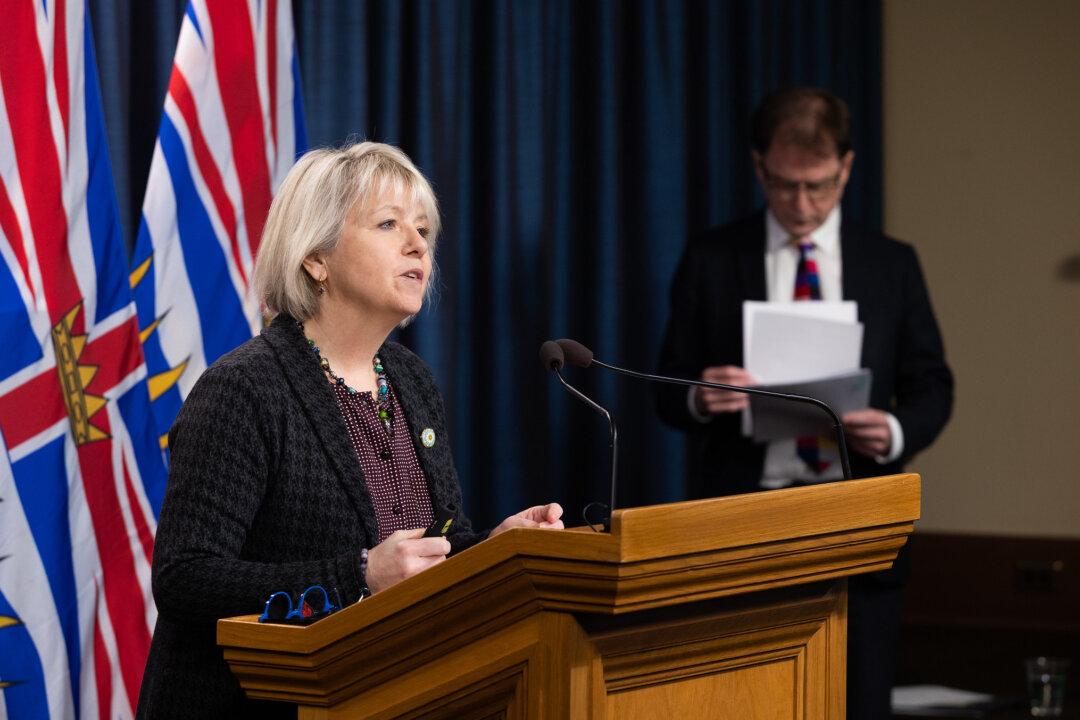VANCOUVER—As labour groups praise the B.C. government for pushing the minimum wage up from $15.20 to $15.65 an hour, small businesses say the move will lead to unintended consequences, including cuts to their workforce and further price jumps for consumers amid rising inflation.
“It’s been very difficult, especially in an environment where the margins are slim to begin with,” Matti Rikkinen, owner of Robba Da Matti restaurants in Vancouver, said in a phone interview.





